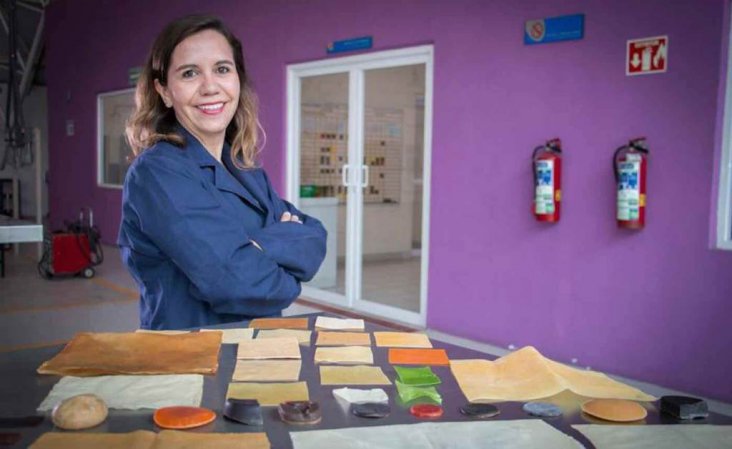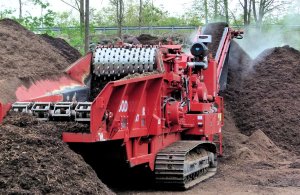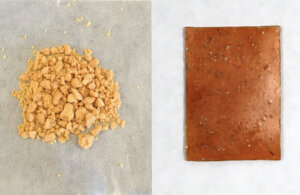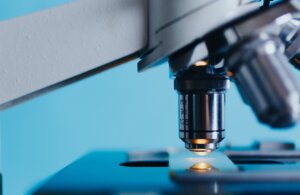Sandra Pascoe Ortiz with bioplastic samples made from cactus juice. (Credit: Intelligentliving.co)
According to an article on Forbes.com, the new material begins to break down after sitting in the soil for a month and when left in water, it breaks down in a matter of days. Plus, it doesn’t require crude oil like traditional plastics.
"There were some publications that spoke of different materials with which biodegradable plastics could be made, including some plants," Sandra Pascoe Ortiz, the research professor who developed the material, told Forbes.
"In this case the nopal cactus has certain chemical characteristics with which I thought it could be feasible to obtain a polymer, that if it was combined with some other substances, all of them natural, a non-toxic biodegradable plastic would be obtained. The process is a mixture of compounds whose base is the nopal. It’s totally non-toxic, all the materials we use could be ingested both by animals or humans and they wouldn’t cause any harm.”
This means that even if any of this material made its way into the ocean, it will safely dissolve. It's estimated that between 1.15 million to 2.41 million tonnes of plastic are entering the ocean each year from rivers. Last month, divers found a plastic KFC bag from the 1970sduring an ocean clean-up off the waters off Bulcock Beach in Queensland, Australia and earlier this year, during a dive to the bottom of the Mariana Trench – the deepest point in the ocean – a plastic bag was found.
According to Ortiz, the project was born in a science Fair of the Department of Exact Sciences and Engineering, in the chemistry class with industrial engineering students of the career. They began to make some attempts to obtain a plastic using cactus as raw material.










